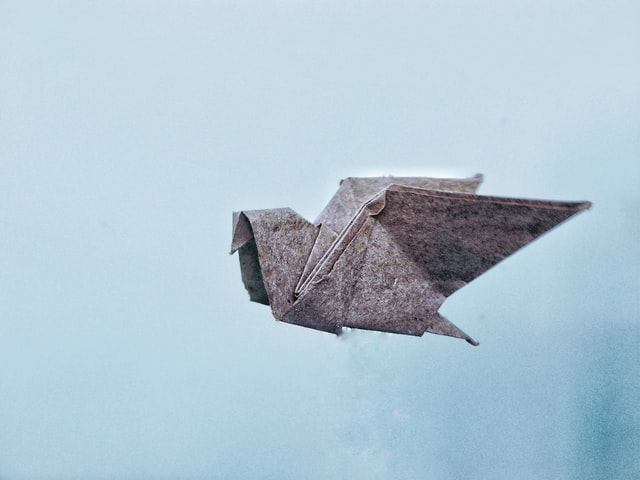A Note On Haiku
Haiku are an elegant form of traditional short Japanese poems. Structurally, they comprise of three lines of five, seven and five syllables respectively. Typically they contain a seasonal reference or kigo, often widened to include weather or natural themes from that season. For example, blossom is a common theme in Japanese art and indicates spring and new life. Equally, they should contain a kireji, or cutting word. Already there is no equivalent of the kireji in English, it loosely involves using a word or suffixes with a theme of finality to bring emphasis and structure to the poem. As English lacks the wide array of such kireji, they are also often rendered as punctuation. The haiku below attempts to conform to these forms – but this is not always easy!
Depression
Winter of my soul
My unwanted companion
But pills light the end.
Stroke
I know, it is mine
But now it does not know me
My own arm has gone.
Melanoma
Sunshine
Your sly caresses I loved
And now I do not.
Smoking
Noble tobacco
You are killing me slowly
So I just don’t care.
Childhood Disability
Outside this body
You see a boy who can’t walk
Though inside I fly.
Acne
Silver moon’s craters
very like my ugly face
Can be seen by all.
Dementia
Sunlit days of youth
I remember so clearly
My wife I cannot.
Heroin
Sweet poppy centre
I know I should not love you
But with you I feel.
Whole Person Care, Year Four

I learnt a lot more about constructing haiku from your entry and I found them particularly striking & evocative to read, especially, as you said, because of the confined structure and everything that is left unsaid. I do wonder however how differently, if at all, I would have responded to some of the haiku, if they were isolated from their respective titles. Thank you
These haikus are extremely well written and capture the illness’/medical problems very well. They are written in a such a way that you can guess what they are about without the presence of a title.
Beautifully written and interesting that each disease has such a distinct identity – haikus are perfect for those almost snapshots.
I really enjoyed these Haiku because they covered a range of different conditions and summarised them so beautifully. I really liked some of the imagery in the haiku (for example ‘silver moon’s craters’) as it made me think of the conditions in different ways. The one about heroin was really provacative, as it highlighted how heroin can make someone feel even though they know it is bad for them. Overall, I found this poetry beautifully written and thought provoking.
Thank you on this beautiful insight on what a haiku poem is. Before this, I had no idea what a haiku poem was. I love the interpretation of the common and different diagnoses portrayed here and how well you have captured the patients’ perspectives. As you said, this also provides an incentive for doctors to explore empathy and imagination, have a more holistic approach to patients’ diagnoses and discover how patients themselves feel about their lives with their disease. A very moving piece.
Haikus were perfect for exploring such a range of conditions in a brief yet in depth way. This made me think of these conditions in ways I hadn’t before, particularly ‘Heroin’.
These haikus are strikingly raw. A stark contrast to their traditional nature-related themes, medicine- and illness-focused haikus force the reader to reflect heavily. The weight of some of the words – like a kireji – really paint an accurate and emotive picture of illness. My personal favourite haiku from this collection is entitled “Heroin”. It gives us a glimpse into the motivations of recreational drug users, something which we may never have considered. Huge praises to the author; I thoroughly enjoyed reading these haikus.
I found these haikus particularly interesting because medicine is often seen as full of big and ‘scary’ words, but I think it is beautiful that the same sentiments and ideas portrayed by big words can also be expressed so simply yet so poetically and intriguingly. I think they give a different perspective to conditions which otherwise could be considered common and only seen in a certain way, and I really enjoyed reading these haikus.